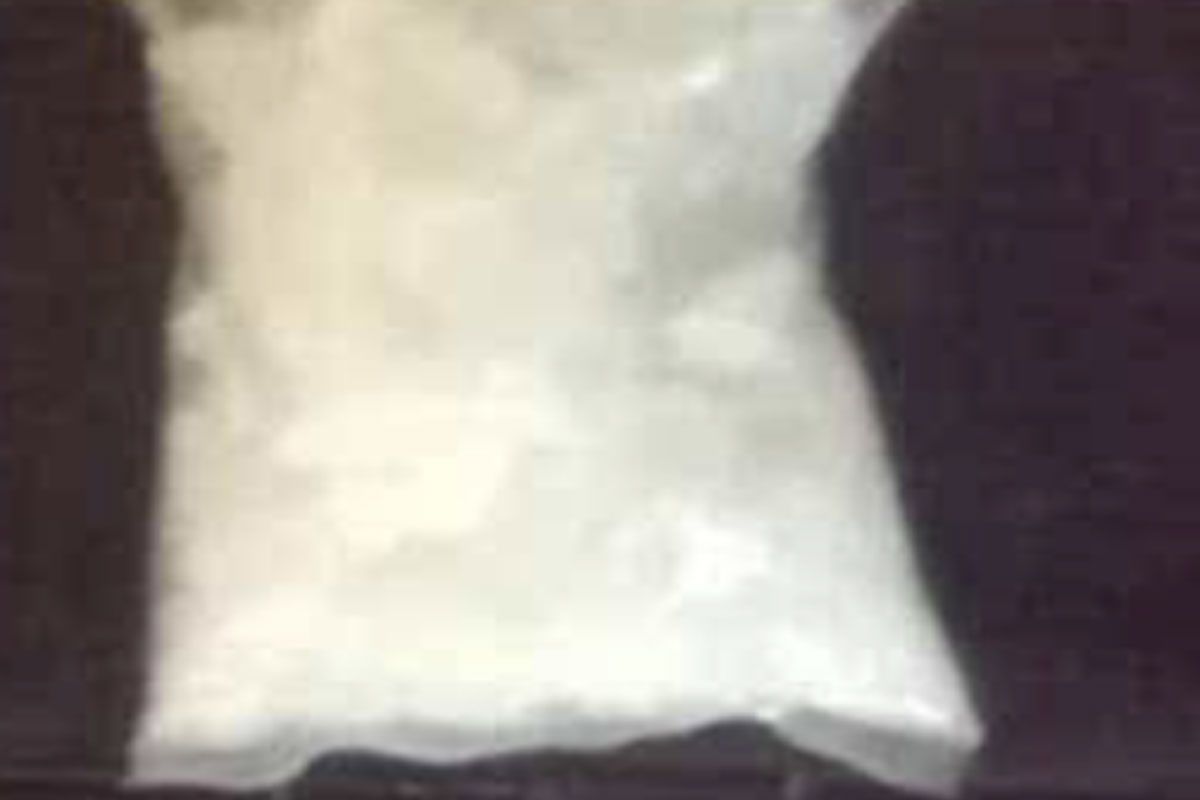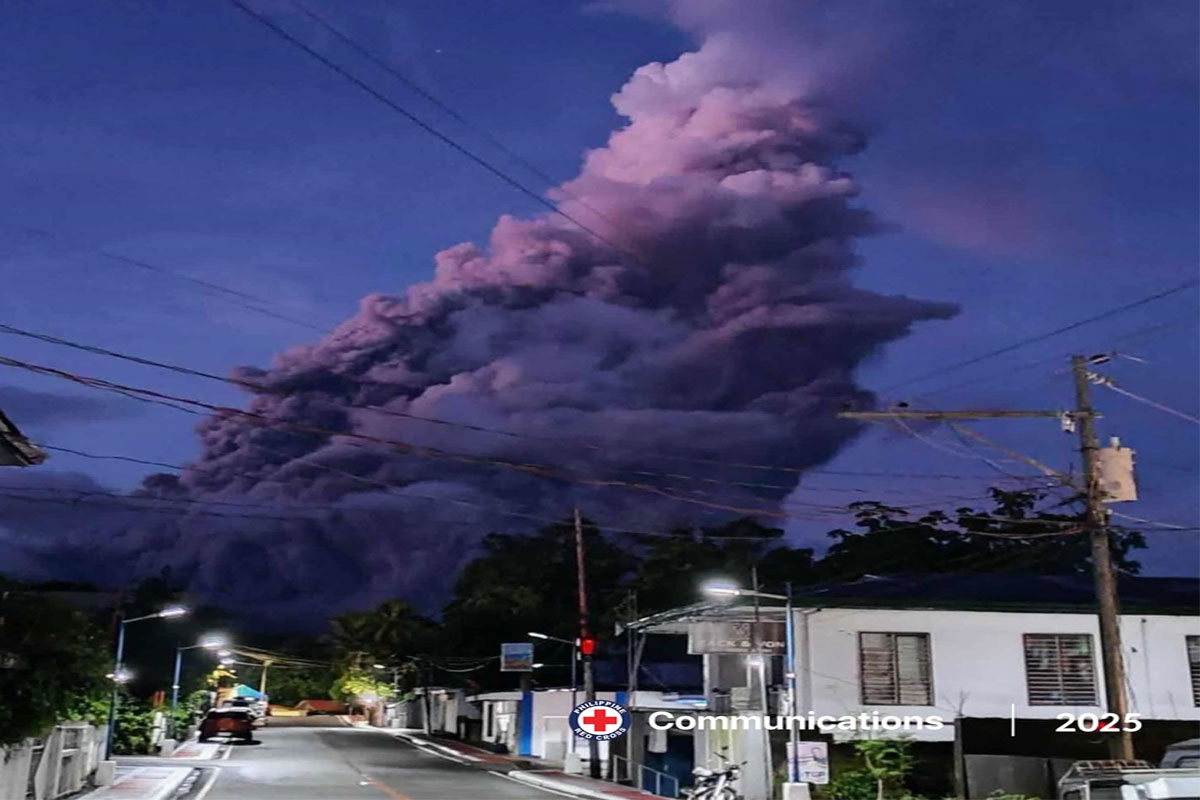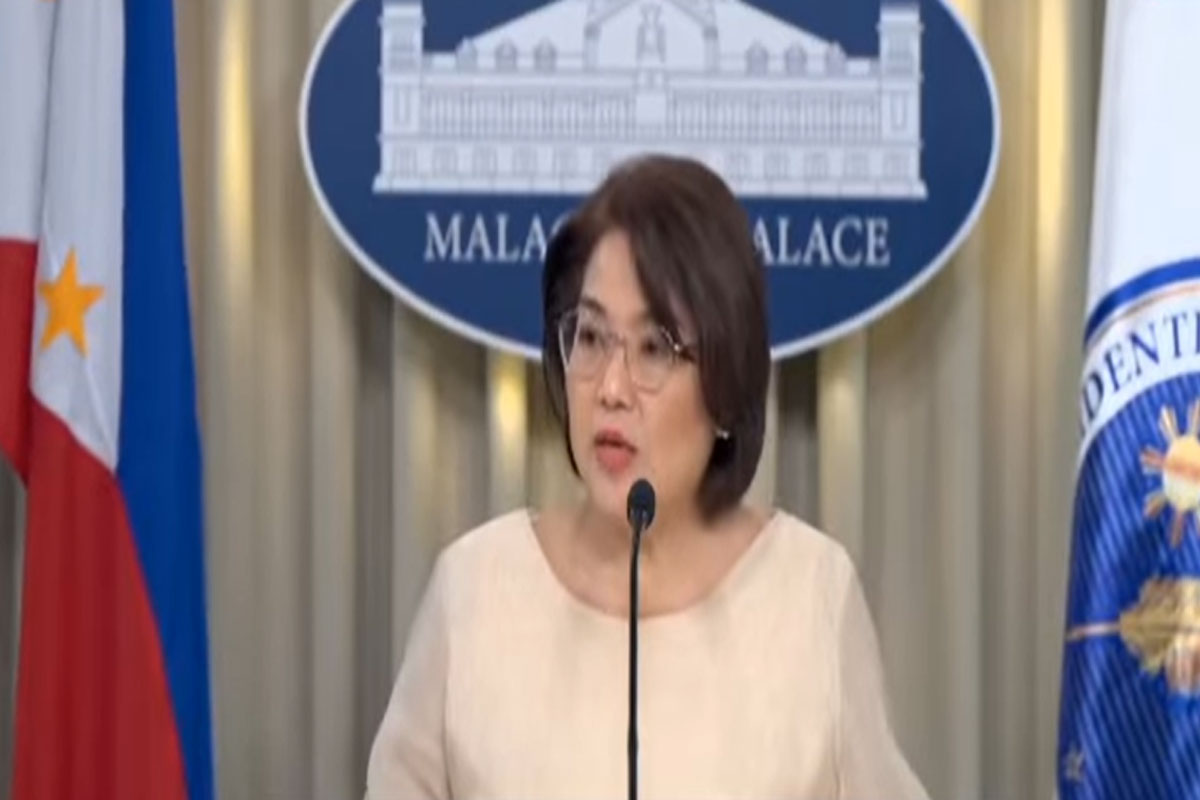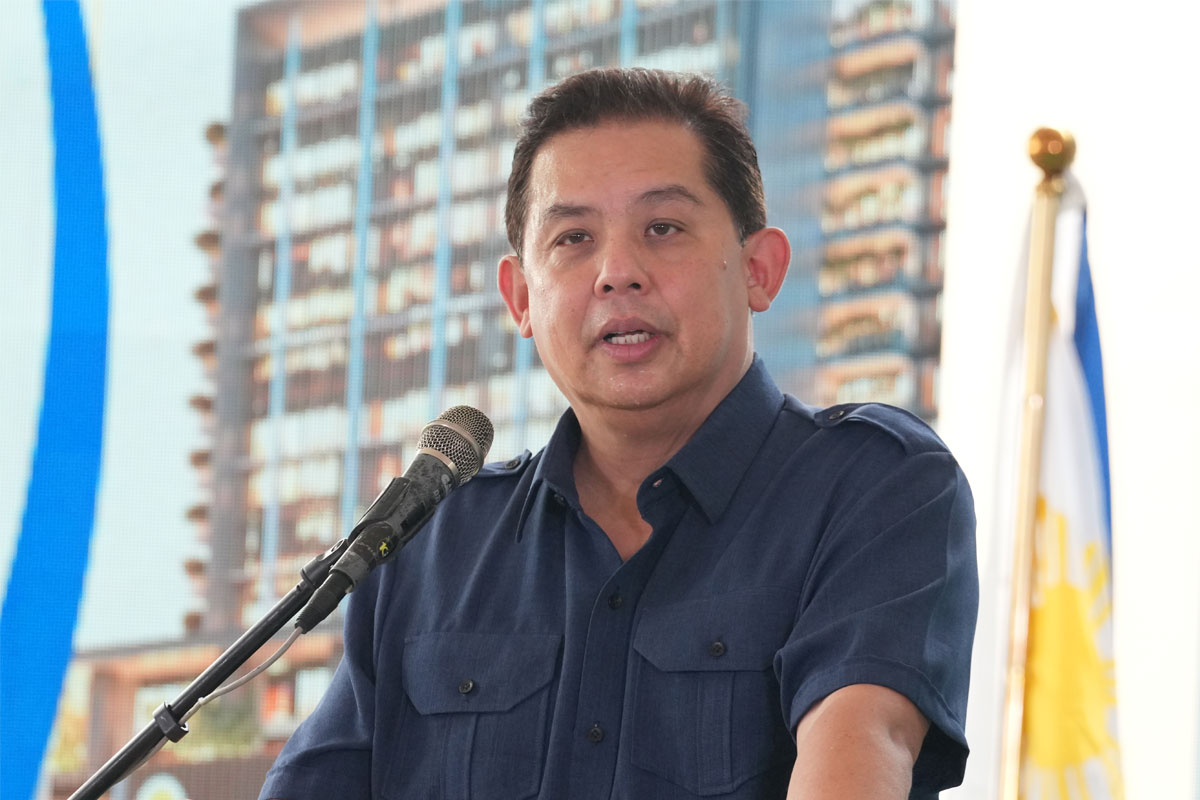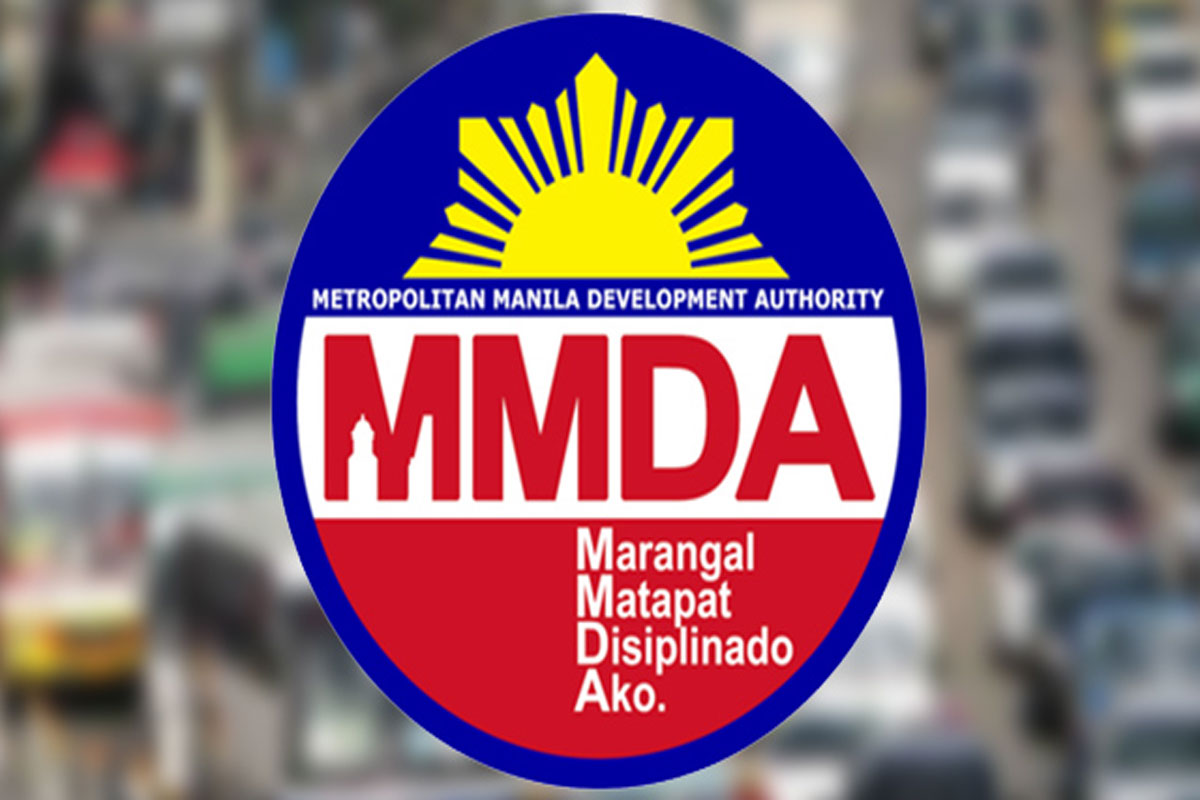
MMDA’s garbage hauling contract nearly doubled in last 5 years
METRO Manila’s trash is draining piles of government cash.
The Metropolitan Manila Development Authority (MMDA) had to cough up P3.336 billion last year to pay contractors to haul garbage from the nation’s capital.
This was revealed in the 2022 Financial Statements of the MMDA under the “Environmental/Sanitary Services” account.
The Commission on Audit explained the account “pertains to the payment of fees to several entities contracted by the MMDA to collect garbage in various areas of Metro Manila.”
The speed by which that expense item has soared is nothing short of phenomenal: five years ago, Environmental/Sanitary Services cost the MMDA less than P2 billion.
In 2018, the MMDA’s financial statements showed it paid P1.817 billion for garbage hauling contracts.
Between then and 2022, Environment/Sanitary Services surged P1.52 billion or an 83.6 percent increase in a span of just five years.
A review of MMDA’s garbage hauling contracts over that period showed the biggest surge happened between 2019 and 2020 during the stint of late Chairman Danilo Lim who served from May 2017 to January 2021.
In 2019, solid waste haulage cost was at P2.049 billion but this ballooned by a whopping P824 million to P2.873 billion in 2020 – a 40.21 increase in just a year.
In 2021, this rose anew by P345 million to P3.218 billion – a 12 percent uptick.
The breakdown of MMDA’s hauling contracts for solid waste in the last five years showed: P1.817 billion in 2018; P2.049 billion in 2019; P2.873 billion in 2020; P3.218 billion in 2021; and P3.336 billion in 2022.
The rapid increase in the cost of handling Metro Manila’s trash is also taking a toll in another way – it is gobbling up the projected lifespan on available sanitary landfills.
In 2018 the MMDA set a target of 20 years and two months for landfill capacity.
As of year-end 2022, the agency said the same landfills would be bursting at the seam within 11 years – and that only if the garbage generated by Metro Manila’s 14 million residents stay within the present volume.


